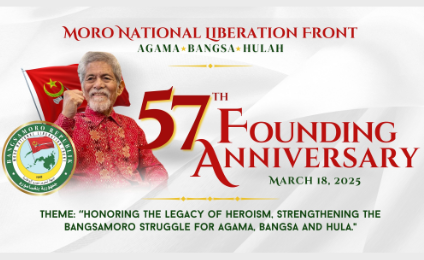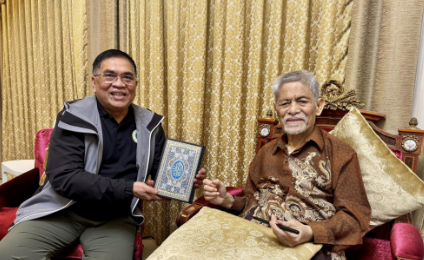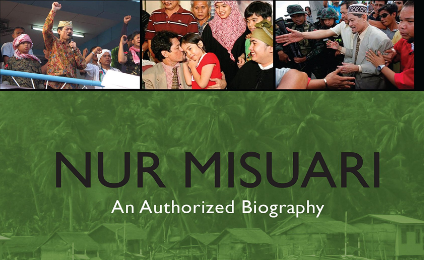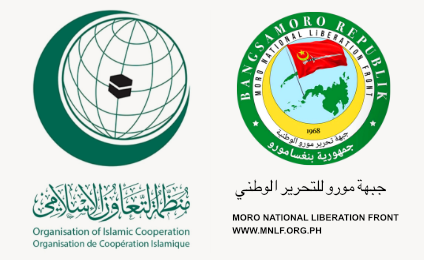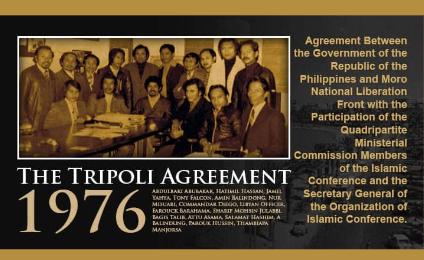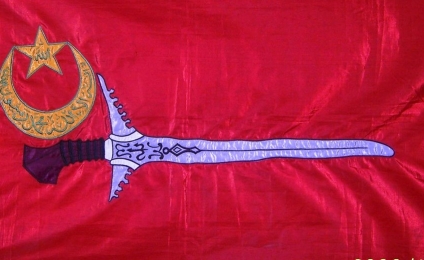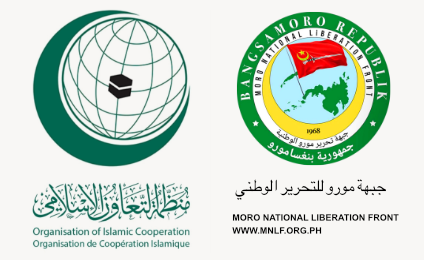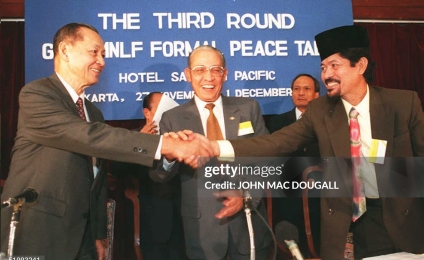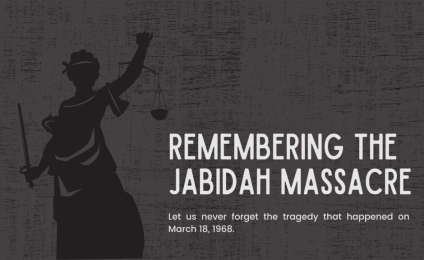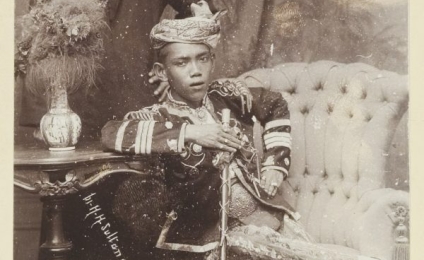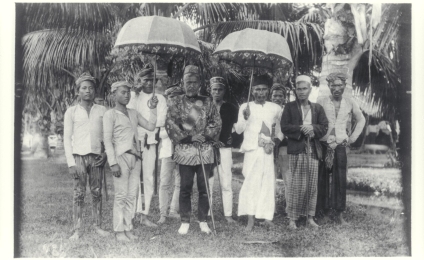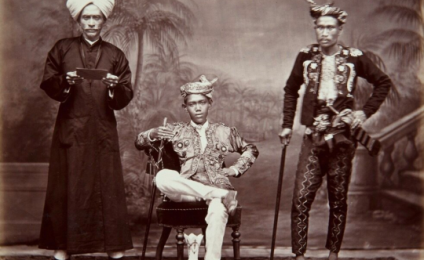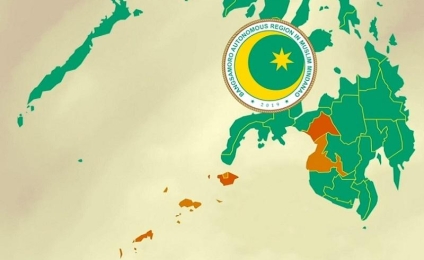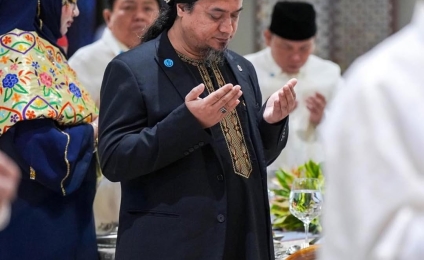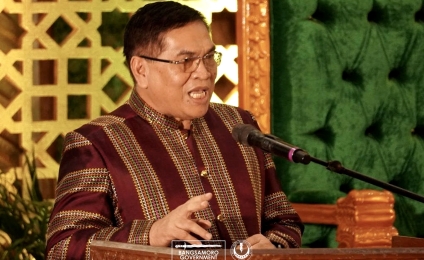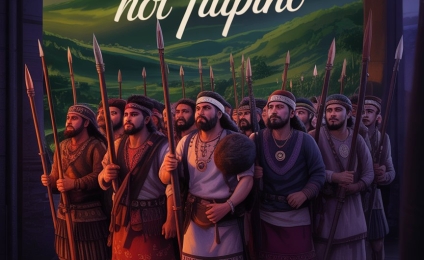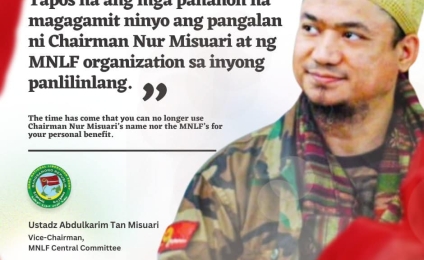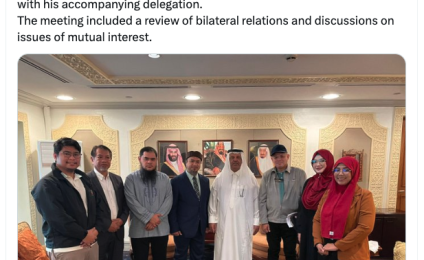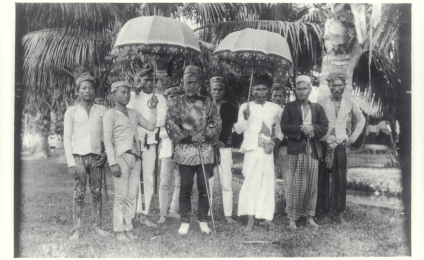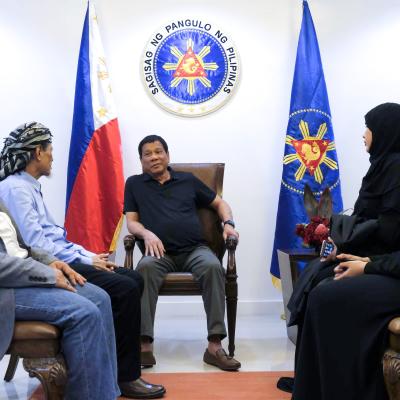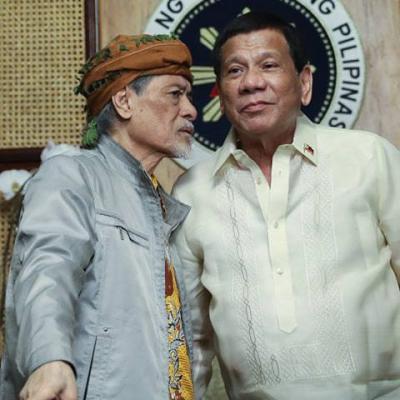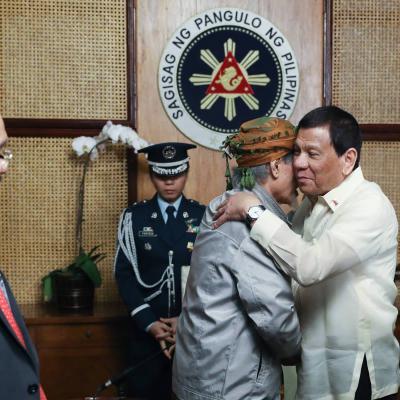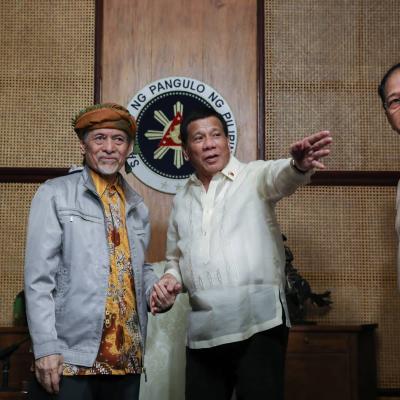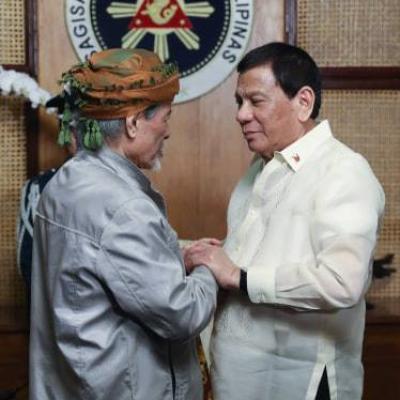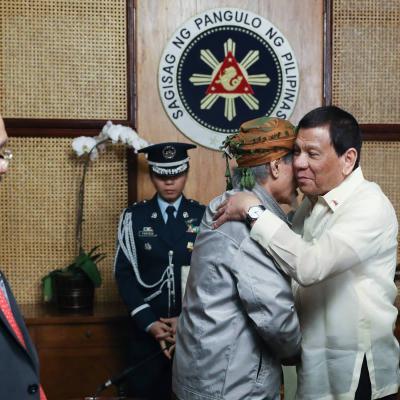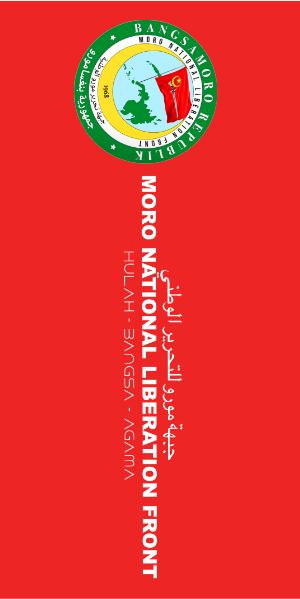1. Humble Beginnings in Sulu
Nur P. Misuari was born on March 3, 1939, in Tapul, Sulu, into a Tausūg family. He came from humble origins, which greatly shaped his consciousness of poverty, inequality, and the struggles of the Bangsamoro people.
2. Academic Excellence at the University of the Philippines
Misuari studied Political Science at the University of the Philippines (UP) Diliman, where he became deeply involved in activism and Muslim advocacy. His time at UP was formative, blending intellectual rigor with revolutionary ideals.
3. Founding of the Moro National Liberation Front (MNLF)
In the early 1970s, Misuari founded the MNLF, the first major organized armed struggle for Moro autonomy in the southern Philippines. It aimed to fight for self-determination for the Bangsamoro people against perceived oppression and marginalization.
4. Recognition by the Organization of Islamic Cooperation (OIC)
Under Misuari's leadership, the MNLF gained international recognition, especially by the OIC, which granted the group observer status and facilitated peace talks with the Philippine government.
5. The 1976 Tripoli Agreement
One of Misuari’s biggest diplomatic achievements was the Tripoli Agreement, signed in Libya in 1976 with the support of the OIC and Muammar Gaddafi. It was the first formal peace agreement between the MNLF and the Philippine government, paving the way for autonomy talks.
6. Exile and International Advocacy
After peace efforts faltered, Misuari spent several years in exile in the Middle East and Africa, where he continued to lobby for the Moro cause, gaining sympathy from Islamic states and global leaders.
7. The 1996 Final Peace Agreement
Misuari signed the Final Peace Agreement with the Philippine government under President Fidel V. Ramos. This landmark deal created the Autonomous Region in Muslim Mindanao (ARMM) and led to Misuari's appointment as its first regional governor.
8. Governor of the ARMM (1996–2001)
As ARMM governor, Misuari transitioned from revolutionary to administrator. Despite challenges, his term symbolized a shift from armed struggle to political engagement.
9. Arrest and Reconciliation
After a failed uprising in 2001, Misuari was arrested and later placed under house arrest. Eventually, he was released and resumed his role as a peace figure and OIC-recognized leader of the MNLF, continuing to participate in dialogues for long-term peace in Mindanao.
10. Enduring Symbol of Bangsamoro Struggle
Through his writings, speeches, and leadership, Nur P. Misuari has become an enduring symbol of the Bangsamoro people's decades-long struggle for self-determination, dignity, and justice—maintaining his influence in both Philippine and Islamic diplomatic circles.



 – Awarded for his role in promoting peace and dialogue in the Southern Philippines, particularly in the Mindanao conflict1_small.png)
